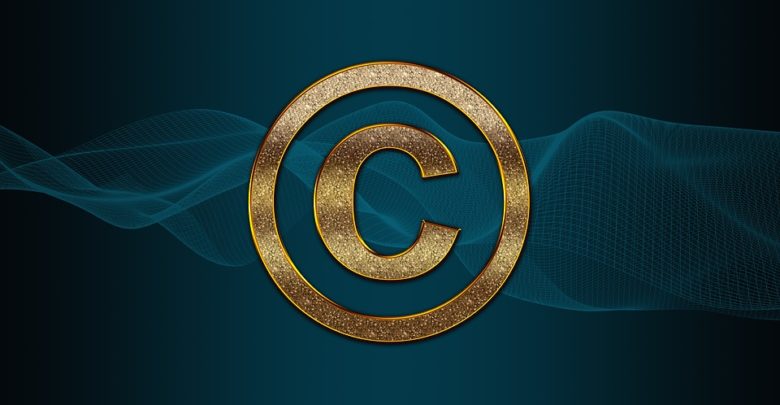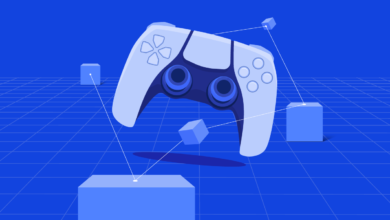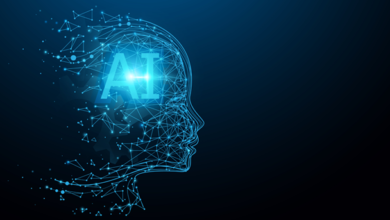Fundamentals of IPIntellectual PropertyUncategorized
Intellectual Property Rights and the Internet

INTRODUCTION
The burgeoning of the Internet industry is truly unparalleled. As compared to traditional brick and mortar businesses, the main property owned by online entities is intangible in nature, such as intellectual property rights. With the Internet facilitating dissemination and communication of information on such a large scale, it is but obvious that unless an effective intellectual property regime is in place to protect the proprietors of such information, the growth of the Internet can be stunted. Conversely, with the volume of online transactions increasing, it becomes important that all e-commerce players familiarise themselves with the ambit of intellectual property protection merited by online content.
COPYRIGHTS
From Analogue to Digital — Copyright Implications
From the perspective of intellectual property law, the digital nature of the Internet is perhaps its most profound characteristic. In contrast to traditional ‘analog’ methods of recording works of intellectual property – on paper, film, on magnetic tape for example – digitization converts all words, images, sounds, graphics and films into binary numbers, either ones or zeros. These digitally stored works, as ‘bits’ grouped in bytes, disassociated from their physical form, are then transferred over the networks to be finally reconstructed in the recognizable art by a reference to their binary values.
The transformation, this represents for the intellectual property system, is that we are no longer transferring fixed expression of works as we would buy a book or license a video, but the digital representation of those works. This liberation of works from their form or media, calls for a change in the way that we protect and enforce intellectual property rights and copyright in particular. Added to this is the fact that most people tend to assume that the fact that any work has been made available on the Internet suggests that tacit consent of some sort by the creator of such works in their being reproduced, copied or transmitted to others. Elucidated below are some of the copyright issues that the Internet throws up and how best such issues can be addressed by a dotcom owner, internet user or for that matter
any player in the Internet industry.
Is a website copyrightable?
Typically a website would consist of the following elements and each of such elements is susceptible to protection.
- The content generally is in the form of text, graphics, audio or video files, which are protectable as literary, artistic and cinematographic works respectively under the Indian Copyright Act, 1957. This means that the creator of the content can prevent anyone from reproducing or distributing content without his consent.
- The underlying source code or computer program is protectable as a literary work.
- The layout of the WebPage or rather the “look and feel” of the website, if distinctive, is amenable to protection as a trade dress.
Ensuring Ownership of Copyright
A website owner must ensure that he owns the copyrights in all such elements as above mentioned. Copyright law presumes that anything created by an employee during the course of employment belongs to the employer. However, by way of abundant caution, one must stipulate in an employment contract that the copyright in all materials including software programs, website designs, etc., created or developed by the employer, would unequivocally vest in the employer. Most website owners engage consultants/ software programmers to undertake a part of their website development programs. Unless the contract between the website owner and the consultant vests the copyrights in any materials so created in the owner, the said copyrights would vest with the consultant, who is then free to duplicate the software for another client. In the Internet industry, it is a novelty that sells and if that novelty can be replicated by someone else, then the first owner stands to lose. Of course, over and beyond protection through contracts, website owners can have confidentiality clauses in their contracts, which would bind employees or third parties to confidentiality.
Other Issues
Beyond ensuring protection as above mentioned, one has to be aware of the copyright implications of some of the activities relating to the Internet. To begin with, it is wrongly presumed that the mere fact that someone has put up material on the Internet signifies some form of tacit consent to download, copy and even transmit. Most website owners do not generate the entire content on their own. Rather, they borrow some of this content from other websites or even provide hyperlinks to some of these websites. It is therefore important to understand the copyright implications of some of these activities.
Is Downloading Illegal?
Downloading from the Internet, as the word itself suggest, means making permanent copies of the copyrighted work on the hard disk of the computer and this in a sense amounts to a reproduction of the copyrighted work. 3
Therefore, it is very important for a user, who wants to download a file or a software program, to read the instructions and the copyright notices attached to the files. It is quite possible that the author may permit you to download, but may not permit further distribution or posting on the Internet through some other Web Site. Sites either encourage free download without any conditions or would ask the user to read the express license and choose to agree or not to agree.
Conversely, if a website owner needs to retain effective control over his material on the website, it is important that he expressly prohibit any download of such material since the download of any material carries with it the threat of it’s being used for various commercial purposes, including the transmission or sale of such material to many other users.





